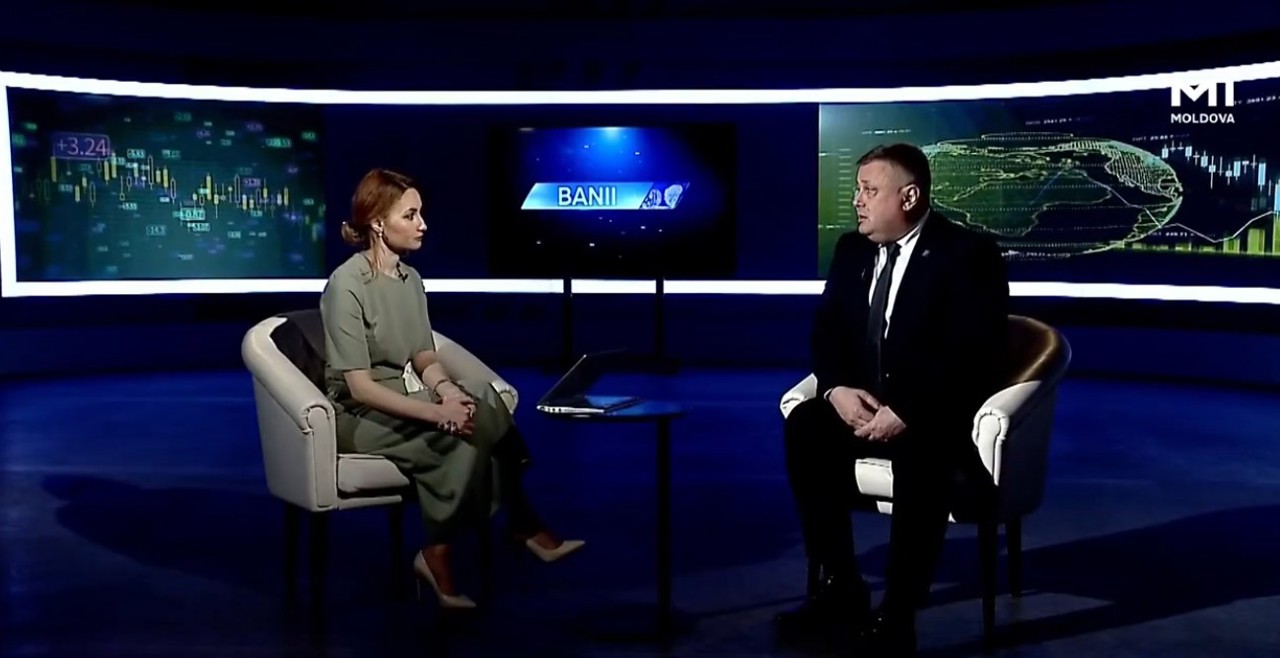Differentiated energy tariffs in Moldova explained

Differentiated energy tariffs, introduced by the National Energy Regulatory Authority (ANRE) in January, are expected to be implemented by the end of this year, according to representatives of the Ministry of Energy.
These tariffs allow consumers with time-of-use meters to lower their electricity bills by taking advantage of more favorable rates during off-peak hours in the energy grid. Authorities aim to make this system operational as soon as possible.
In recent years, there has been significant investment in developing the renewable energy market, with increased production capacity and the installation of photovoltaic and wind power panels nationwide, said Constantin Borosan, Secretary of State at the Ministry of Energy, on the "Public Space" program on Radio Moldova. However, there is still work to be done in applying the differentiated tariffs.
What is currently lacking is hourly trading. So, when I know that energy prices aren’t "linear," as they are today—where production remains constant but imbalances are priced differently—it's different on the market.
According to the official, this type of calculation leads to an accumulation of excess energy, which is then used more intensively during peak hours.
Borosan also noted that the differentiated tariffs will benefit both consumers and renewable energy producers. He explained that renewable energy producers will be able to sell electricity domestically at much better prices.
"Do you know who will be the first to take advantage of these tariffs?" he added. "All the private entities with energy to sell, who currently export their electricity. With export limitations, they will now sell on the domestic market, as the prices will be much more favorable. I believe this will generate significant supply opportunities for providers, who will create service packages and approach consumers with offers based on their consumption profiles."
At the same time, energy expert Sergiu Ungureanu argued that, in theory, these tariffs are beneficial, but in practice, they will be harder to implement because not all market participants are equipped with the necessary equipment.
"This year, I don't think we will fully benefit from this system," he said. "Yes, we want a system that balances production and consumption, with energy produced only when necessary. Unfortunately, we observe that both energy production and consumption in Moldova are relatively low, as we lack production capacity, and as colleagues from the Ministry have pointed out, there is an excess of consumption."
It is important to note that although the differentiated tariffs were approved by ANRE in January, they cannot be applied yet because both consumers and energy suppliers do not have all the necessary equipment.
In practical terms, by the end of 2025, 35,000 smart meters will be installed in the country as part of a pilot project launched by the Ministry of Energy, but these are not enough.
In the European Union, over half of the meters are smart, which has led to a 15% reduction in commercial consumption in the grid and a 5% reduction in technical losses. Smart grids are designed to minimize energy consumption globally, helping to reduce resource waste and mitigate the effects of global warming.
Translation by Iurie Tataru



